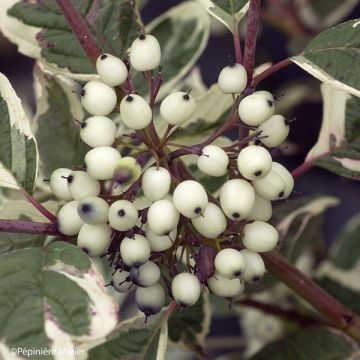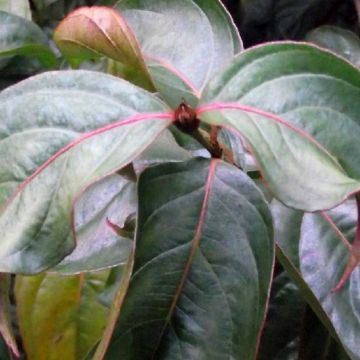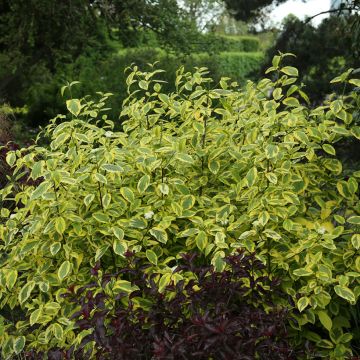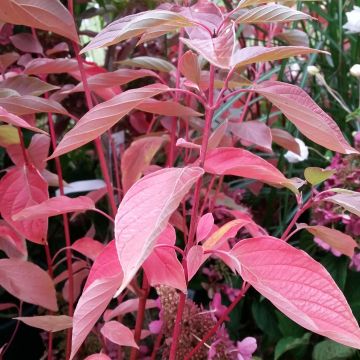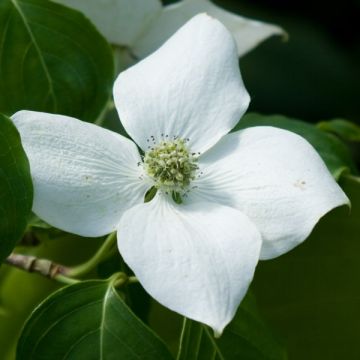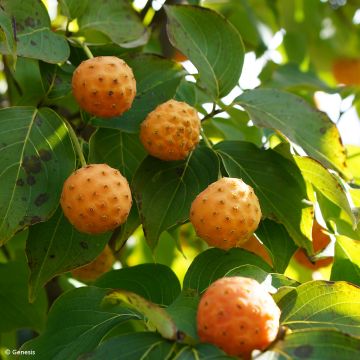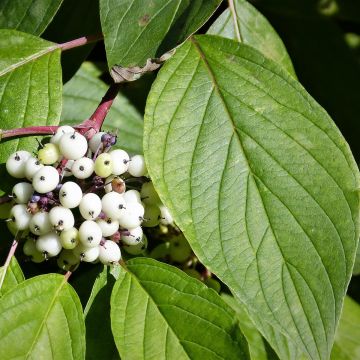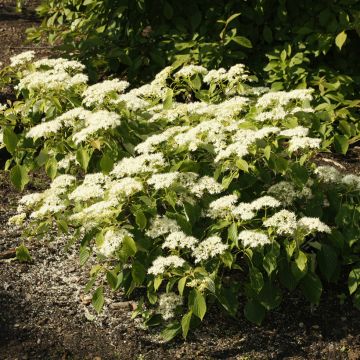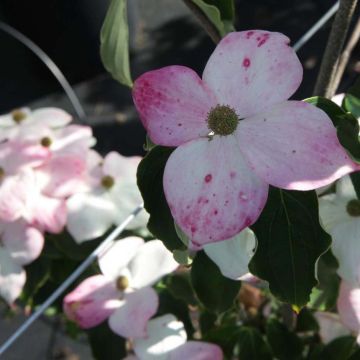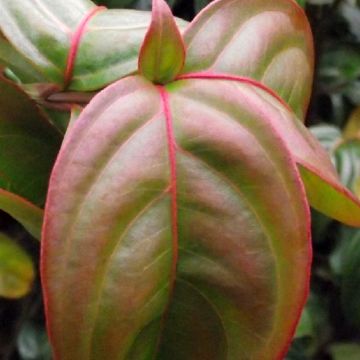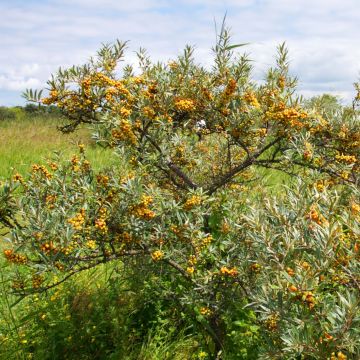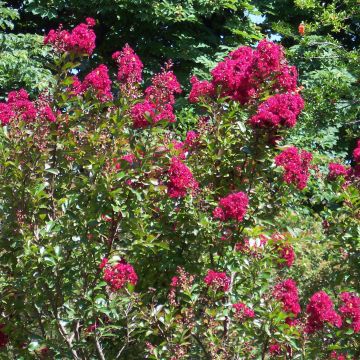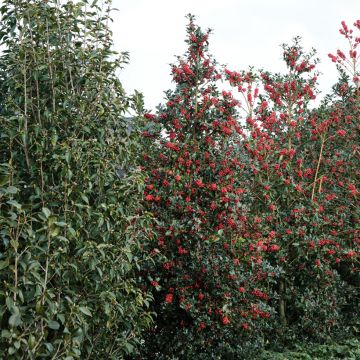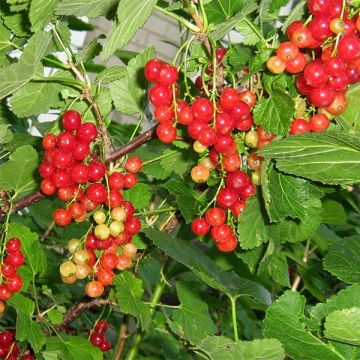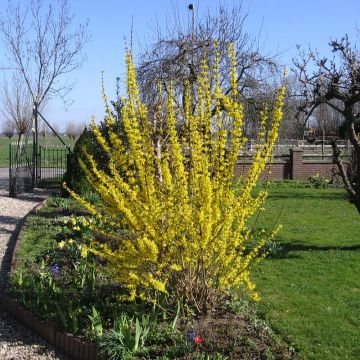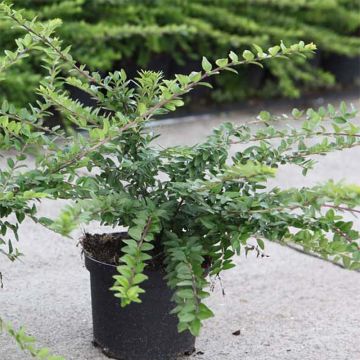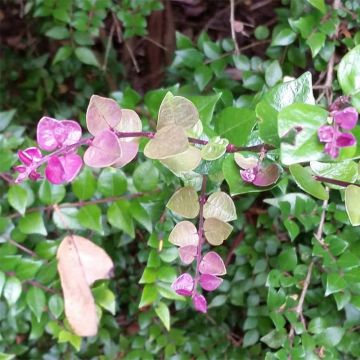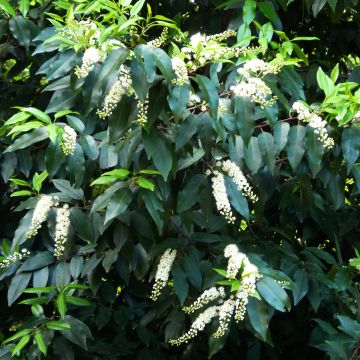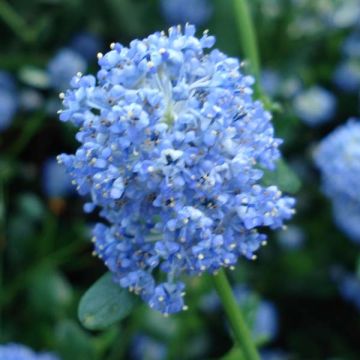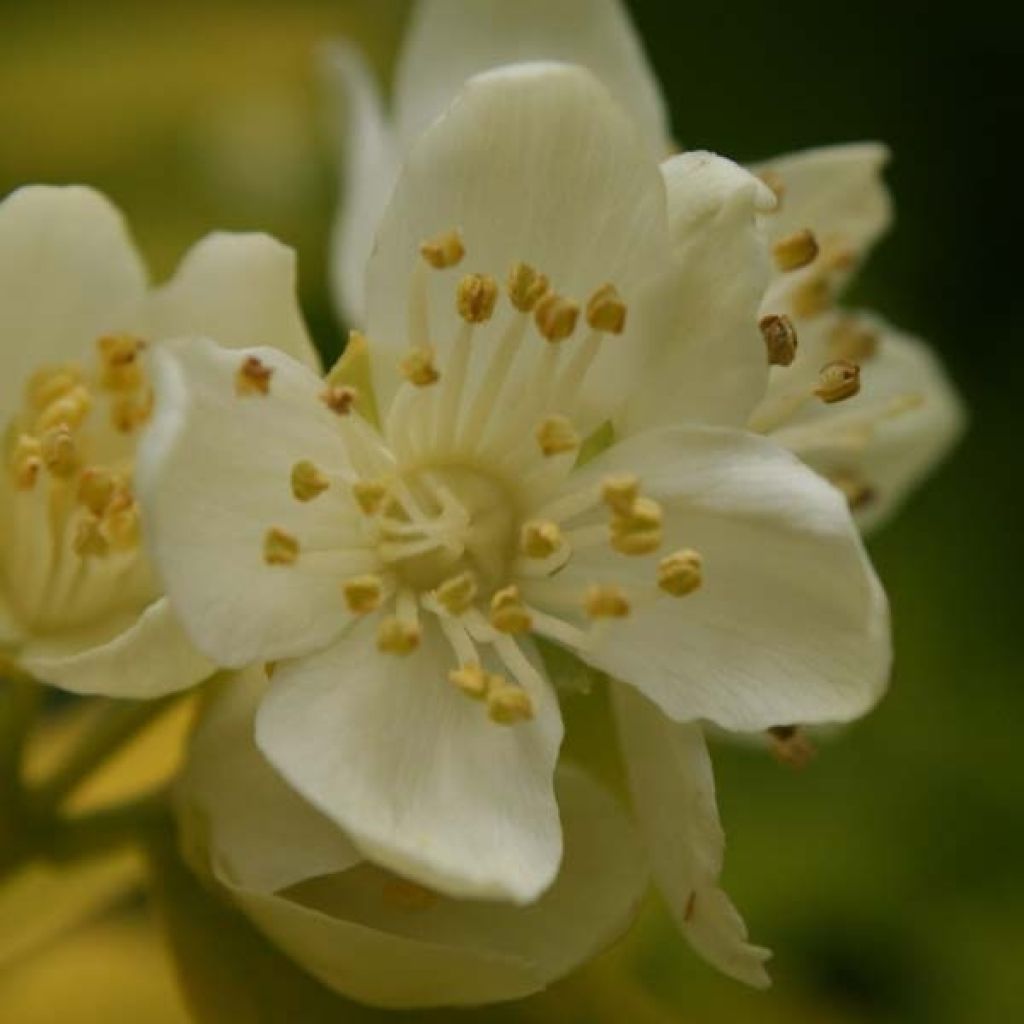

Cornus alba Aurea - White Dogwood
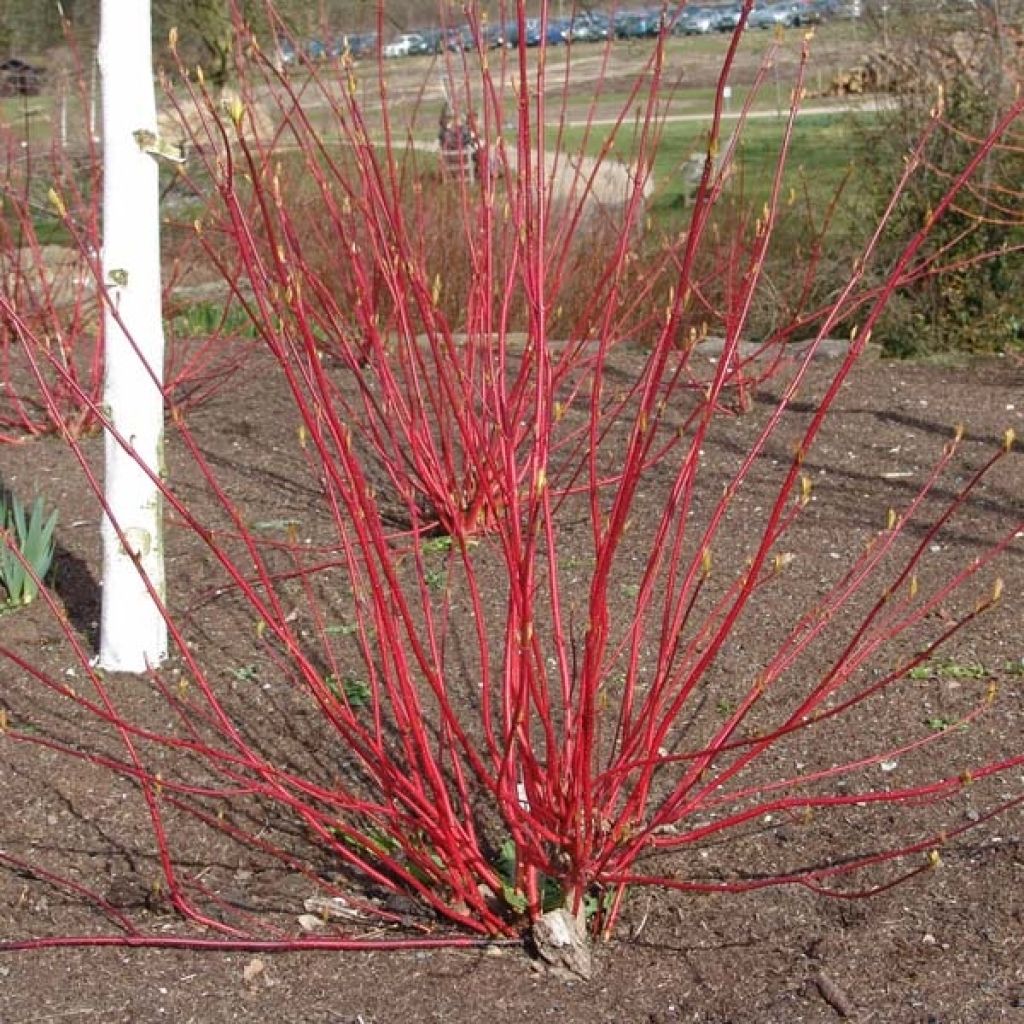

Cornus alba Aurea - White Dogwood
Cornus alba Aurea - White Dogwood
Cornus alba Aurea
White Dogwood, Siberian Dogwood
This item cannot be shipped to the selected country
Delivery charge from €5.90
Delivery charge from €5.90
Delivery charge from €5.90
Delivery charge from €5.90
More information
Schedule delivery date,
and select date in basket
This plant carries a 24 months recovery warranty
More information
We guarantee the quality of our plants for a full growing cycle, and will replace at our expense any plant that fails to recover under normal climatic and planting conditions.
From €5.90 for pickup delivery and €6.90 for home delivery
Express home delivery from €8.90.
From €5.90 for pickup delivery and €6.90 for home delivery
Express home delivery from €8.90.
From €5.90 for pickup delivery and €6.90 for home delivery
Express home delivery from €8.90.
From €5.90 for pickup delivery and €6.90 for home delivery
Express home delivery from €8.90.


Does this plant fit my garden?
Set up your Plantfit profile →
Description
The Cornus alba Aurea is a cultivar of white dogwood, decorative all year round, whether because of its magnificent golden foliage, its small clusters of nectar-rich flowers, its fantastic autumn colours, or its brightly coloured red stems, clearly visible in winter. It is a very hardy and vigorous shrub, slightly suckering, with an upright habit that gradually spreads. It will make a great impression when placed in isolation, in a bed, or as a hedge. Accommodating in terms of soil, this dogwood needs to be sheltered from the scorching sun in hot climates. It is one of the most resilient golden foliage plants there are.
The Aurea white dogwood belongs to the dogwood family. It comes from the Cornus alba, a botanical species native to Siberia and Manchuria, where it is found on the banks of the Amur River, in damp deciduous and coniferous forests. It always grows close to water, under harsh and contrasting climates that are proof of its robustness. The 'Aurea' selection shows remarkably yellow-dominated foliage. Bushy and abundant, it naturally reaches a height slightly greater than its width at maturity, but repeated pruning often gives it a low dome-like appearance, wider than it is tall. It is a branched, erect shrub with a thicket-like appearance, reaching approximately 2m (6.6ft) in height with a minimum spread of 1.50m (4.9ft). The lower branches produce suckers or root into the ground, without the shrub becoming invasive. Its growth is rapid. Its branches are red and shiny, especially when young. The deciduous foliage appears in spring and falls in autumn. In spring, it emerges as a warm yellow, turning orange, becoming yellow-green in summer, then lemon yellow in September, before transitioning to pinkish-red in autumn. The leaves are entire and clearly veined, with a pointed tip. Its flowering is not its main asset, rather discreet, in the form of small white-yellowish flowers arranged in cymes, but they are nectar-rich. It is followed by creamy white berries containing oily seeds, which turn bluish when ripe.
Regardless of the size and style of the garden, there will always be a dogwood to provide a beautiful decoration. The Aurea white dogwood offers a changing spectacle throughout the year, and its colours brighten up slightly shaded areas. It can also be used in the composition of a mixed hedge or form an elegant background for perennial or shrub beds. It can also be planted on the edge of a woodland to create a transition with the countryside. Its association with Helianthus, Heliopsis, or Hemerocallis will create a very colourful scene. As it is a shrub that thrives near water, it can be planted, together with Cornus stolonifera Flaviramea with its yellow bark, behind a foreground of astilbes, not far from a pond. You can also plant this dogwood in a large container (its compact habit allows it).
Tip: Severely prune the stems in late winter, as only the current year's growth is coloured.
Report an error about the product description
Cornus alba Aurea - White Dogwood in pictures


Plant habit
Flowering
Foliage
Botanical data
Cornus
alba
Aurea
Cornaceae
White Dogwood, Siberian Dogwood
Cultivar or hybrid
Other Cornus
Planting and care
The Cornus alba will thrive in a cool, fertile, humus-rich, moist soil, heavy and slightly chalky. However, it is relatively tolerant provided the soil is deep, not too compact and not too dry. Plant it from November to March, in a fairly sunny location to enhance the foliage colours, or in partial shade. In warmer regions, avoid the scorching sun.
Planting period
Intended location
Care
-
, onOrder confirmed
Reply from on Promesse de fleurs
Hedge shrubs
Haven't found what you were looking for?
Hardiness is the lowest winter temperature a plant can endure without suffering serious damage or even dying. However, hardiness is affected by location (a sheltered area, such as a patio), protection (winter cover) and soil type (hardiness is improved by well-drained soil).

Photo Sharing Terms & Conditions
In order to encourage gardeners to interact and share their experiences, Promesse de fleurs offers various media enabling content to be uploaded onto its Site - in particular via the ‘Photo sharing’ module.
The User agrees to refrain from:
- Posting any content that is illegal, prejudicial, insulting, racist, inciteful to hatred, revisionist, contrary to public decency, that infringes on privacy or on the privacy rights of third parties, in particular the publicity rights of persons and goods, intellectual property rights, or the right to privacy.
- Submitting content on behalf of a third party;
- Impersonate the identity of a third party and/or publish any personal information about a third party;
In general, the User undertakes to refrain from any unethical behaviour.
All Content (in particular text, comments, files, images, photos, videos, creative works, etc.), which may be subject to property or intellectual property rights, image or other private rights, shall remain the property of the User, subject to the limited rights granted by the terms of the licence granted by Promesse de fleurs as stated below. Users are at liberty to publish or not to publish such Content on the Site, notably via the ‘Photo Sharing’ facility, and accept that this Content shall be made public and freely accessible, notably on the Internet.
Users further acknowledge, undertake to have ,and guarantee that they hold all necessary rights and permissions to publish such material on the Site, in particular with regard to the legislation in force pertaining to any privacy, property, intellectual property, image, or contractual rights, or rights of any other nature. By publishing such Content on the Site, Users acknowledge accepting full liability as publishers of the Content within the meaning of the law, and grant Promesse de fleurs, free of charge, an inclusive, worldwide licence for the said Content for the entire duration of its publication, including all reproduction, representation, up/downloading, displaying, performing, transmission, and storage rights.
Users also grant permission for their name to be linked to the Content and accept that this link may not always be made available.
By engaging in posting material, Users consent to their Content becoming automatically accessible on the Internet, in particular on other sites and/or blogs and/or web pages of the Promesse de fleurs site, including in particular social pages and the Promesse de fleurs catalogue.
Users may secure the removal of entrusted content free of charge by issuing a simple request via our contact form.
The flowering period indicated on our website applies to countries and regions located in USDA zone 8 (France, the United Kingdom, Ireland, the Netherlands, etc.)
It will vary according to where you live:
- In zones 9 to 10 (Italy, Spain, Greece, etc.), flowering will occur about 2 to 4 weeks earlier.
- In zones 6 to 7 (Germany, Poland, Slovenia, and lower mountainous regions), flowering will be delayed by 2 to 3 weeks.
- In zone 5 (Central Europe, Scandinavia), blooming will be delayed by 3 to 5 weeks.
In temperate climates, pruning of spring-flowering shrubs (forsythia, spireas, etc.) should be done just after flowering.
Pruning of summer-flowering shrubs (Indian Lilac, Perovskia, etc.) can be done in winter or spring.
In cold regions as well as with frost-sensitive plants, avoid pruning too early when severe frosts may still occur.
The planting period indicated on our website applies to countries and regions located in USDA zone 8 (France, United Kingdom, Ireland, Netherlands).
It will vary according to where you live:
- In Mediterranean zones (Marseille, Madrid, Milan, etc.), autumn and winter are the best planting periods.
- In continental zones (Strasbourg, Munich, Vienna, etc.), delay planting by 2 to 3 weeks in spring and bring it forward by 2 to 4 weeks in autumn.
- In mountainous regions (the Alps, Pyrenees, Carpathians, etc.), it is best to plant in late spring (May-June) or late summer (August-September).
The harvesting period indicated on our website applies to countries and regions in USDA zone 8 (France, England, Ireland, the Netherlands).
In colder areas (Scandinavia, Poland, Austria...) fruit and vegetable harvests are likely to be delayed by 3-4 weeks.
In warmer areas (Italy, Spain, Greece, etc.), harvesting will probably take place earlier, depending on weather conditions.
The sowing periods indicated on our website apply to countries and regions within USDA Zone 8 (France, UK, Ireland, Netherlands).
In colder areas (Scandinavia, Poland, Austria...), delay any outdoor sowing by 3-4 weeks, or sow under glass.
In warmer climes (Italy, Spain, Greece, etc.), bring outdoor sowing forward by a few weeks.

































